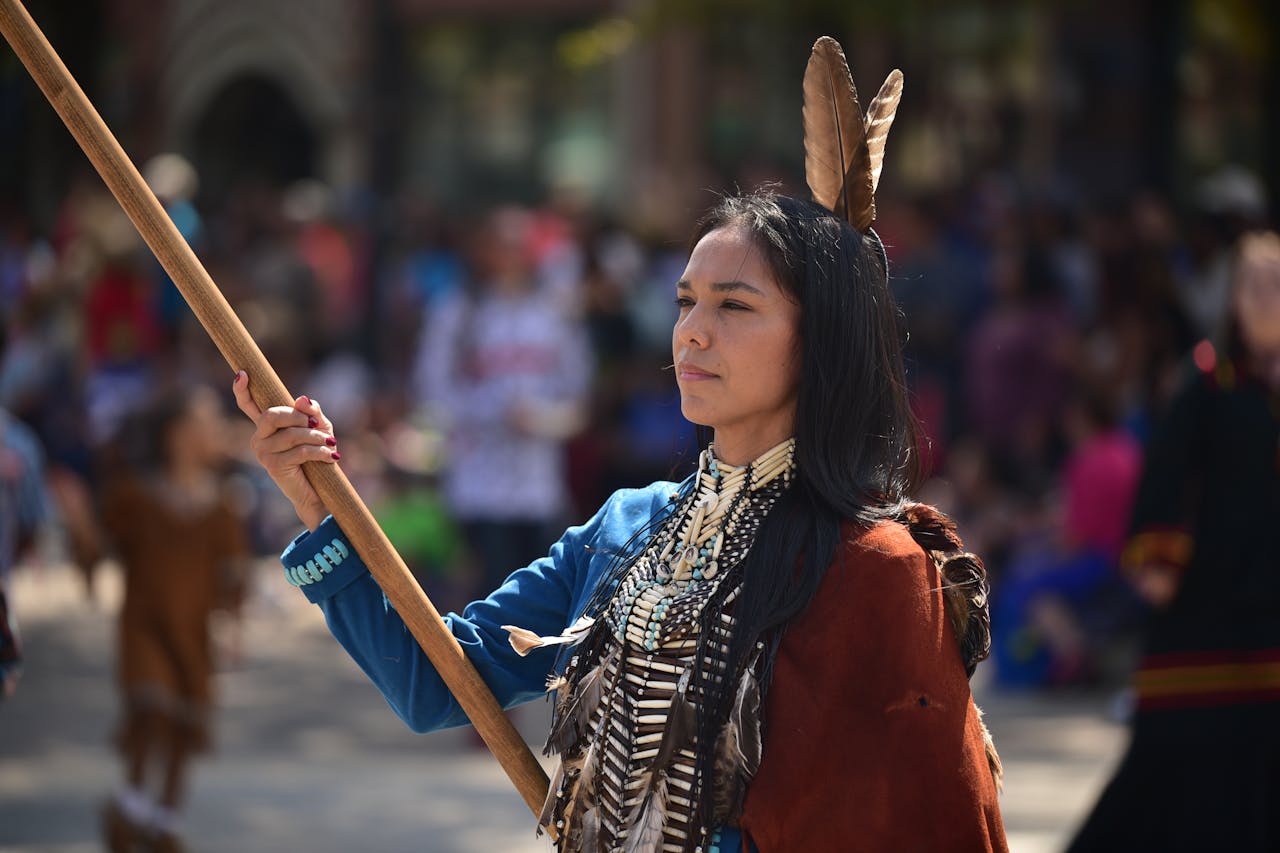One of modern television’s most beloved series came to a conclusion Sept. 27 when a group of Native American teenagers, once determined to leave the Muscogee reservation for California, decided to stay.
In three seasons, Reservation Dogs acquired a devoted fan base, accolades from critics calling it “a series to treasure,” and a Peabody Award for its authentic depiction of Native Americans.
While viewers are sad to see the series end, co-creator and showrunner Sterlin Harjo (Seminole, Muscogee) believes the timing was right, “It’s a coming-of-age. And at some point, they come of age. I feel like it’s this perfect story. And it felt like it needed to end.”
In the first season, the teens are grieving the suicide of their friend Daniel. Such tragedies are an all-too-common occurrence among Native American young people, who are four times more likely to take their own lives than any other American racial or ethnic group. At first the “Rez Dogs,” as they call themselves, believe they can escape the problems that plague indigenous populations by leaving the reservation. However, by the third season, they realize the path to healing lies in staying and strengthening a community crushed by centuries of colonialism.
Harjo never shies away from these difficult topics, instead handling them with equal measures of humor and heart.
In the episode titled “Deer Lady,” written by Harjo and directed by Danis Goulet (Cree, Metis), the title character returns to haunt the site where an Indian boarding school once stood.
“I grew up with those stories, the stories of being told you can’t speak your own language,” Harjo said. The Deer Lady is a character from Native American folk lore with hoofs for feet, and the episode employs the aesthetic of a 1970s art-horror film to convey the terrible violence and abuse suffered by children at the school.
“It’s dark but it’s also cathartic, and I really wanted by the end of that episode a level of relief and release for people because the pain caused by boarding schools is real,” Harjo continued. “We feel it today and it’s all connected and we didn’t have a chance for that catharsis and that chance for healing.”
Read the entire article on the Truth and Healing Commission on Indian Boarding Schools at Baptist News Global.




























